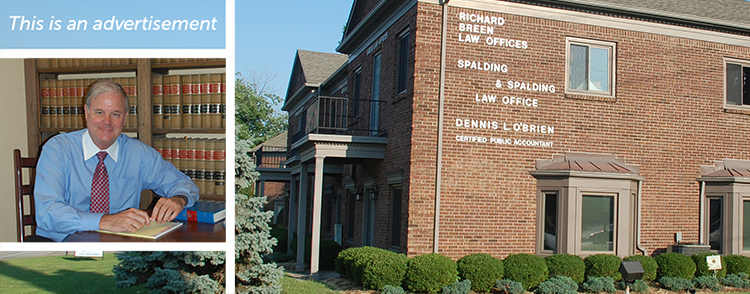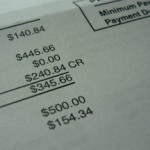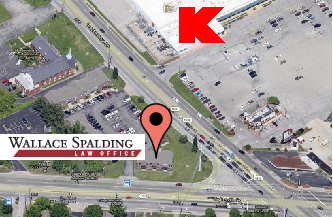The main types of bankruptcy proceedings are Chapter 7, Chapter 11, and Chapter 13. If you are an individual, you will be looking at Chapter 7 or Chapter 13; Chapter 11 is designed for businesses with a substantial amount of debt that the debtor wants to reorganize.
But what are the differences between Chapter 7 and Chapter 13? How can you know which one is right for your particular financial situation?
Chapter 13 bankruptcy is, in essence, the creation of a payment plan for your debts. This payment plan usually lasts 3-5 years. In the plan, you agree to pay a certain amount of money per month or per week (depending on your paycheck) for a specified length of time to pay off your debts. This plan is proposed by you (and/or your lawyer) and puts forth what you can afford. It is then reviewed by the court, who decides whether or not to approve it. Depending on your financial situation, your plan may require you to pay anywhere from 100 cents on the dollar to one cent on the dollar. If your plan is reasonable and the court approves it, this plan goes into effect for the time specified. At the end of that time (usually 5 years), you are finished with the plan, and you no longer have to pay your creditors: you’re debt-free.
In a Chapter 13, the court can also lower the interest rate on your debts. Right now, the court is generally considering 5 percent to be an appropriate interest rate on secured debt. Chapter 13 bankruptcy can reorganize any tax debt you have and prevent the IRS from garnishing your wages or charging you interest or penalties on your unsecured debt.
In addition, Chapter 13 can prevent your creditors from repossessing your assets, such as your car or house. You can set up in your repayment plan to pay off missed payments of your car or house over time, and any previous missed payments are not considered. With approval of your plan, you can keep your car or house as long as you continue making the payments.
Those who are helped most by filing a Chapter 13 bankruptcy are individuals facing foreclosure on assets such as a house or car. This type of bankruptcy gives 3-5 years to repay the missed payments and prevents creditors from foreclosing without court permission, as long as the payments are made. Chapter 13 can help, for example, someone who has missed past payments for whatever reason (such as unemployment or illness) but can make them up, if given extra time.
Chapter 7 bankruptcy is like hitting the reset button on your finances, but with a few caveats. Unlike Chapter 13, there is no repayment plan in a Chapter 7 bankruptcy. Chapter 7 wipes out your dischargeable debts 90 days from filing, so your debts will be forgiven. Some of your assets will be exempt from the bankruptcy, but some of your valuable assets (such as your house, if you own it, or expensive jewelry or electronics) may have to be sold to pay off your creditors. Also, a Chapter 7 bankruptcy will stay on your credit report for 10 years.
The person who is helped most by filing a Chapter 7 bankruptcy is the person who has too much debt and not enough income. For example, someone whose fixed income goes to all of their bills, with none left over to pay their debts, might consider this type of bankruptcy. Someone who does not have many valuable assets that can be sold (such as a house or car) may also prefer Chapter 7 bankruptcy.
Every financial situation, including yours, is unique. If you would like more information and help deciding which type of bankruptcy is right for you (including your options, and whether you qualify), please contact the bankruptcy attorneys at Spalding & Spalding by calling (502) 456-2100. They can help you determine how to get out of debt during this difficult time.








Speak Your Mind